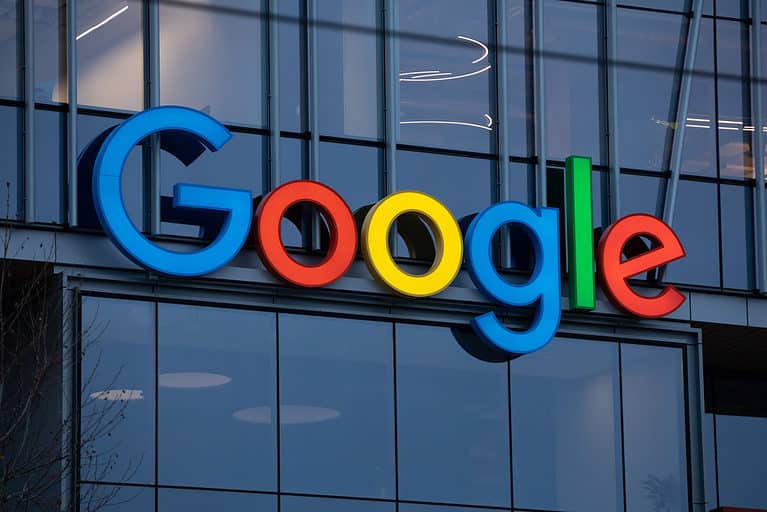The move aims to consolidate Google’s artificial intelligence (AI) research divisions and keep pace with other tech giants in the field. DeepMind co-founder and CEO Demis Hassabis said in a blog post that the new unit would work closely with Google’s product areas to deliver AI research and products.
As part of the formation of Google DeepMind, Google will create a new scientific board to oversee research progress and the unit’s direction, led by Koray Kavukcuoglu, VP of research at DeepMind.
Eli Collins, VP of products at Google Research, will join Google DeepMind as VP of Products. At the same time, Google Brain lead Zoubin Ghahramani will become a member of the Google DeepMind research leadership team, reporting to Kavukcuoglu.
What the new team will be
Jeff Dean, co-founder of Google Brain, will take on the chief scientist role for both Google Research and Google DeepMind, reporting to CEO Sundar Pichai. Meanwhile, Google Research will remain an independent division reporting to Google’s SVP of Technology and Society, James Manyika.
It will also focus on fundamental advances in computer science across various areas, including algorithms and theory, privacy and security, quantum computing, health, climate and sustainability, and responsible AI.
Hassabis stated that through Google DeepMind, Google would bring together world-class talent in AI with computing power, infrastructure, and resources to create the next generation of AI breakthroughs and products across Google and Alphabet. Google DeepMind will create the next wave of world-changing breakthroughs boldly and responsibly.
Born at around the same time
DeepMind was co-founded in 2010 by Hassabis, Shane Legg, and Mustafa Suleyman, and Google acquired the company for $500 million in 2014. Google Brain was formed a year later as a part-time research collaboration between Dean, Google researcher Greg Corrado, and Stanford University professor Andrew Ng.
DeepMind has struggled to break even with its growing expenses, including the computing necessary to train massive AI models and a significant headcount of around 1,000 employees.
Recently, DeepMind has become increasingly important within Alphabet as the company looks to beat back rivals like Microsoft and OpenAI in the race for revenue-generating AI. Pichai emphasized that Google has been an AI-first company since 2016, seeing AI as the most significant way to deliver on its mission.
Also read: Google brings professional services together in Cloud Consulting
